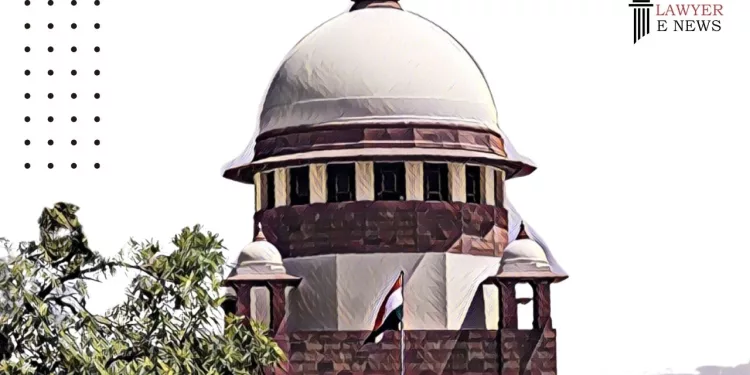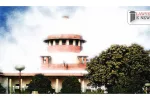Supreme Court Validates Will, Dismisses Sale Deed in Property Dispute: Signature in Sale Deed Pales into Insignificance

In a significant ruling, the Supreme Court of India has restored the judgments of the Trial Court and the First Appellate Court in a contentious property dispute, emphasizing the validity of a Will over a contested Sale Deed.
Legal Point of Judgment: The central legal issue revolved around the ownership of a property in Ishwaripura Ward, Katni. The dispute pitted a registered Sale Deed against a Will. While the plaintiff, Savitri Bai, claimed ownership based on the Sale Deed dated January 18, 1979, the defendant asserted possession through a Will dated March 23, 1977, in favor of Meghraj, son of the first defendant. The Supreme Court’s decision hinged on the assessment of these two conflicting documents.
Facts and Issues: The case, originating from Civil Suit No. 22A/80, saw various twists through the judicial hierarchy. The Trial Court and the First Appellate Court had initially sided with the defendant, recognizing the Will’s validity. However, the High Court of Madhya Pradesh reversed this decision, favoring the Sale Deed. The Supreme Court’s intervention was sought to resolve this conflict.
Court’s Assessment: The apex court meticulously analyzed the evidence surrounding the Will and the Sale Deed. Justice Sanjay Kumar, delivering the judgment, underscored the significance of the Will, which had been duly proved in compliance with Section 68 of the Evidence Act, 1872, and Section 63 of the Indian Succession Act, 1925. The Court criticized the High Court’s approach, stating, “The knowledge imputed by the High Court to the first defendant in relation to the said sale deed was not warranted.” The Court observed that the first defendant’s lack of education and her inadvertent signing of multiple sale deeds did not detract from the Will’s legitimacy.
Decision: The Supreme Court allowed the civil appeal, thereby setting aside the judgment of the High Court and reinstating the decisions of the lower courts. It was held that the property rightfully belonged to Meghraj as per the Will, rendering the Sale Deed ineffective in this context.
Date of Decision: 29th February 2024
SAVITRI BAI AND ANOTHER VS SAVITRI BAI





